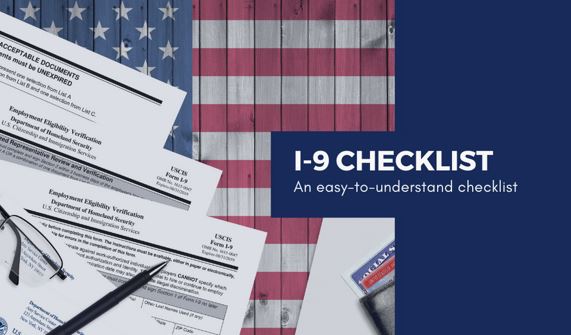
Form I-9 Internal Audit Checklist
August 18, 2022
20 Ways to Reduce Your Health Care Costs
October 11, 2022Click link for more information: Final Rule Implements Ban on Surprise Medical Billing
On Aug. 19, 2022, the Departments of Labor (DOL), Health and Human
Services (HHS) and the Treasury (Departments) jointly released a final rule
implementing the ban on surprise medical billing under the No Surprises Act
(NSA), which was enacted as part of the Consolidated Appropriations Act,
2021 (CAA). This rule finalizes two interim final rules released in July 2021 and
September 2021, with certain changes related to the independent dispute
resolution (IDR) process that has been the subject of ongoing litigation.
The Departments also released FAQs on NSA implementation in conjunction
with the final rule that provide more detail on the surprise medical billing ban.
Surprise Medical Bills
Surprise medical bills occur when patients unexpectedly receive care from
out-of-network providers (for example, treatment at an in-network hospital
involving an out-of-network doctor). Patients often cannot determine the
network status of providers during treatment to avoid additional charges and,
in many cases, are not involved in the choice of provider at all.
Overview of the Final Rules
The final rule is generally intended to make certain medical claims payment
processes more transparent and clarify the process for providers and health
insurers to resolve their disputes. It:
• Implements certain disclosure requirements related to information
that group health plans and health insurance issuers offering group
or individual health coverage must share about the qualifying
payment amount (QPA) (generally, the health plan’s median
contract rate for the item or service in the geographic area);
• Finalizes certain changes related to the federal IDR process in light
of ongoing litigation; and
• Requires plans and issuers to disclose additional information in
situations where they change a provider’s billing code to



